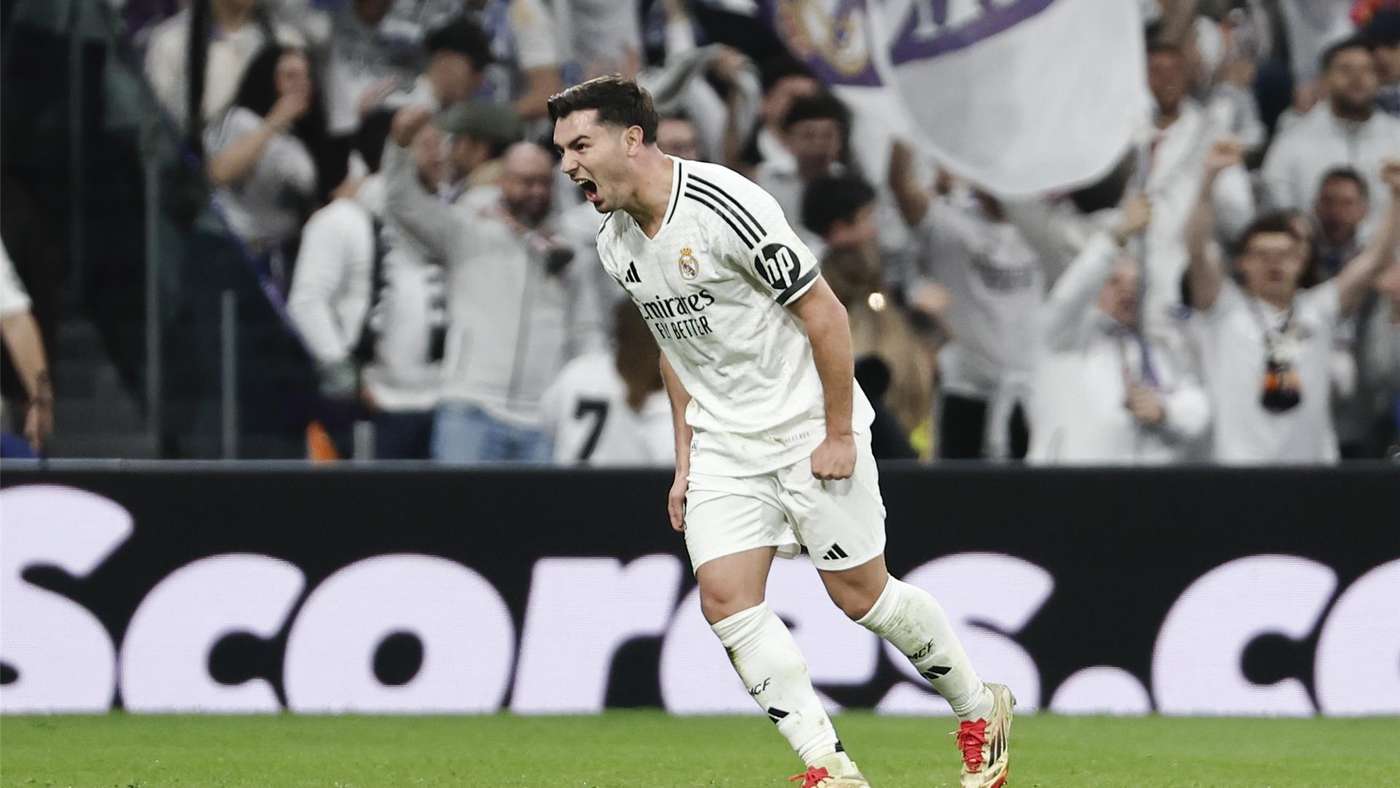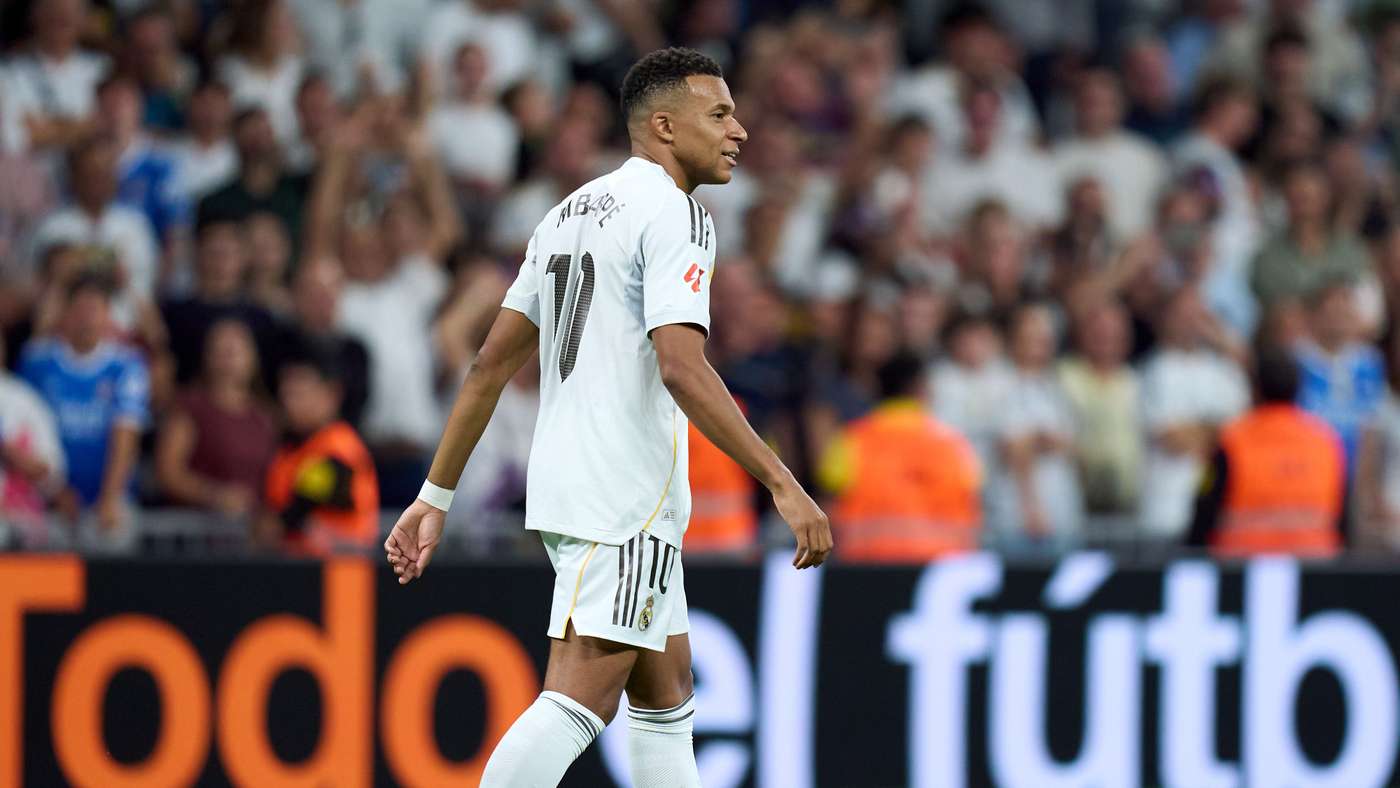Glory, Grudges, and Goals: La Liga’s Star-Studded Drama You Can’t Look Away From
20 October 2025

Glory and Grudge: A La Liga Saga
In the realm of football, greatness is measured not only by trophies but by the heat that accompanies them. The stars who leave the brightest traces aren’t just goal scorers; they’re agents of drama who keep fans glued to the screen. From Vinícius Júnior’s audacious swagger to the stormy leadership of Sergio Ramos, the league’s stage is set for spectacle as much as skill.
As eyes follow the action, these players thrive on moments that blur the line between fierce competition and provocation. The headlines sometimes outshine the highlights, and the sport gains a mythos built as much on personality as on technique. It’s a story that invites admiration, debate, and a few raised eyebrows—because when football becomes a theatre, the cast matters just as much as the script.
From Vinícius to Ramos: A Parade of Personalities
Vinícius Júnior stands at the center of this discussion, turning every match into a stage for bravado and bravura. His on-field feistiness, paired with his undeniable talent, has once again sparked conversations about aggression, celebration, and the limits of provocation. Meanwhile, Sergio Ramos—captain, talisman, and a master of the red card—embodies the archetype of a leader whose ferocity elevates the team even as it fans debate his methods.
Neymar and Luís Suárez arrive on the scene with their own legacy of flair and edge. Neymar’s artistry is complemented by a willingness to press opponents and seek contact, while Suárez’s confrontational streak has earned him a reputation as one of the game’s most provocative, visually memorable icons. And then there’s Pepe, a former teammate whose reputation for harsh, uncompromising defending helped sculpt an era’s image of the modern defender’s “no-nonsense” boundary-pushing style.
The Latin impact story also unfolds through Emiliano Martínez and Nahuel Guzmán, whose psychological intensity and willingness to push the envelope have made them symbols of a football philosophy that thrives on pressure. Martínez has become a versatile figure in the way he uses mind games and posture to unsettle opponents, while Guzmán’s edge and theatrical moments remind fans that the goalkeeper’s drama can tilt a match as surely as a save. The theme is clear: in a sport defined by speed and precision, minds can be just as decisive as muscles.
News outlets like AS have highlighted that football’s drama is inseparable from its beauty. The sport’s fans are asked to marvel at the elegance of a pass while acknowledging that the sport’s most talked-about moments often come from clashes, taunts, and ceremonial defiance—tiny acts that can echo across a city or a continent.
Vinícius often quotes his own banner in the figurative sense—one about the Champions League trophy that the Madrid club wears on its chest, a grin that has become part of the game’s current folklore. In the most recent clash with Getafe, the Brazilian star’s persona continued to collide with nerves, rival fans, and referees, a reminder that football’s drama isn’t an interruption; it’s part of the rhythm.
In discussions about Neymar and Suárez, the narrative isn’t only about goals; it’s about how individuals with immense talent use temperament to tilt the balance of a match. Suárez’s infamous bite-and-battle moments, the intensity of Neymar’s theatrics, and the way both have shaped the clubs they’ve touched illustrate why the game can feel like a rollercoaster where every turn is unpredictable.
Ramós and Pepe complete the triad of the “royal fury” era: their careers are defined as much by discipline and leadership as by red cards and wild celebrations. Ramos’ high-voltage leadership, and Pepe’s explosive defending, helped create a classic image of the modern man-at-the-heart of a club’s ambitions: fearless, sometimes volatile, always unforgettable. Their stories show how charisma and controversy can become a team’s best-known brand outside the scoreboard.
Latin American football is equally rich in its own legends. Emiliano Martínez and Nahuel Guzmán demonstrate a cultural hunger for psychological warfare that resonates with fans across continents. Martínez’s strategic pressure and Guzmán’s dramatic flair echo the same sentiment: in a sport where a single moment can rewrite a career, mind games are a resource as valuable as a well-timed tackle.
What unites these stars is a willingness to treat football as a personal expedition, where every game is a test of nerve, dignity, and reputational endurance. They prove that glory and controversy aren’t mutually exclusive; they often travel hand in hand, fueling an era when players are as famous off the pitch as on it. And while some fans crave flawless performances, others savor the unpredictable, the bold, and the gloriously imperfect moments these players deliver.
So the story isn’t just about who wins or loses. It’s about a sport that invites drama as part of its DNA, with talent, ego, and timing colliding in a way that makes every match feel like a finale. Vinícius, Ramos, Neymar, Suárez, Pepe, Martínez, and Guzmán are modern archetypes of a global game where genius and controversy cohabit and uplift the spectacle—sometimes with a smile, sometimes with a roar.
Conclusion: football’s drama is a feature, not a bug. The best players turn passion into spectacle, and the audience gets a show that’s equal parts art and argument. The game moves forward, with the next big moment always around the corner. And if you’re keeping score, remember this: sometimes the real victory is keeping up with the headlines while keeping the ball under control.
Humor note: If football is a chess match, these players are the knights that keep leaping over the board—only the board is a stadium, and the knights are wearing boots. Punchlines aside, the sport owes them a standing ovation for turning intensity into entertainment. And yes, the referee’s whistle still loves a dramatic pause as much as the fans do.
Punchline time: If football were a stand-up show, Vinícius would headline—audience laughter, referee a constant heckler. Punchline two: These players don’t chase the ball alone; they chase headlines—and the headlines always outrun the ball for a thrilling finish.



